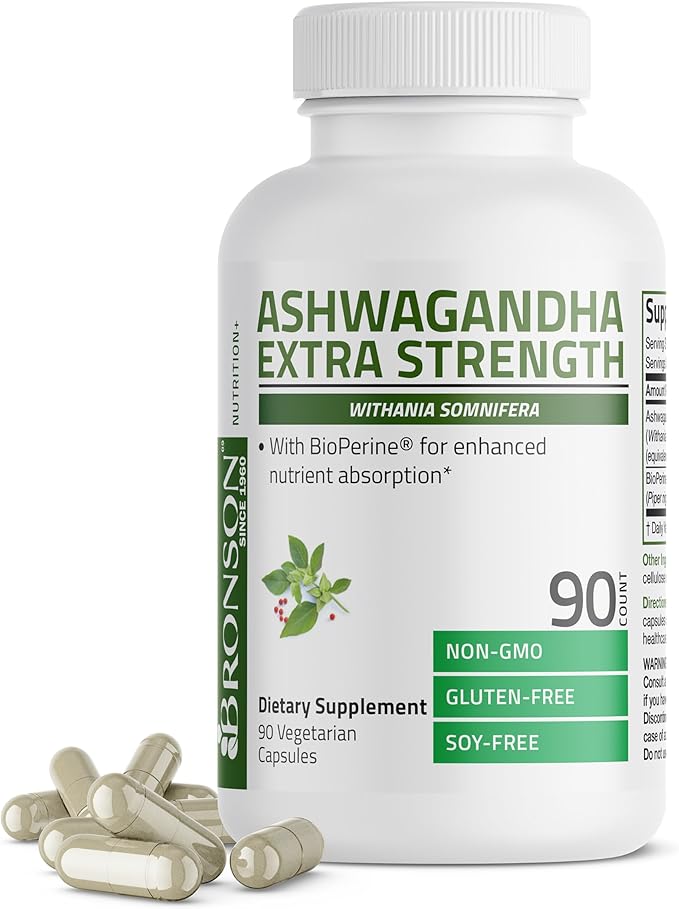Can you take Adenosylcobalamin and Trimethylglycine together?
Interaction Details
Taking Adenosylcobalamin and Trimethylglycine together has a potential for good synergy, as both supplements play roles in methylation and homocysteine metabolism, suggesting a rating of 4 out of 5.
Adenosylcobalamin, a form of vitamin B12, is crucial for mitochondrial function and the metabolism of fatty acids and amino acids. Trimethylglycine (TMG or betaine) is involved in the methylation process, helping to convert homocysteine to methionine, thereby reducing homocysteine levels. The combination of these supplements can enhance the methylation process and improve the metabolic functions that are dependent on it. The synergistic effect is primarily due to their complementary roles in reducing homocysteine levels and supporting methylation processes. Adenosylcobalamin supports the metabolism and TMG directly participates in the conversion process, together potentially enhancing the overall efficiency of these biochemical pathways.
Potential Benefits
Potential Risks
Adenosylcobalamin
Adenosylcobalamin is a form of vitamin B12, crucial for energy production, nerve function, and the formation of red blood cells. It is one of the active forms of vitamin B12, playing a significant role in the metabolism of fatty acids and amino acids.
Trimethylglycine
Trimethylglycine (TMG) is a compound found in various foods, also known as betaine. It is involved in the body's methylation process, helping to convert homocysteine to methionine.
